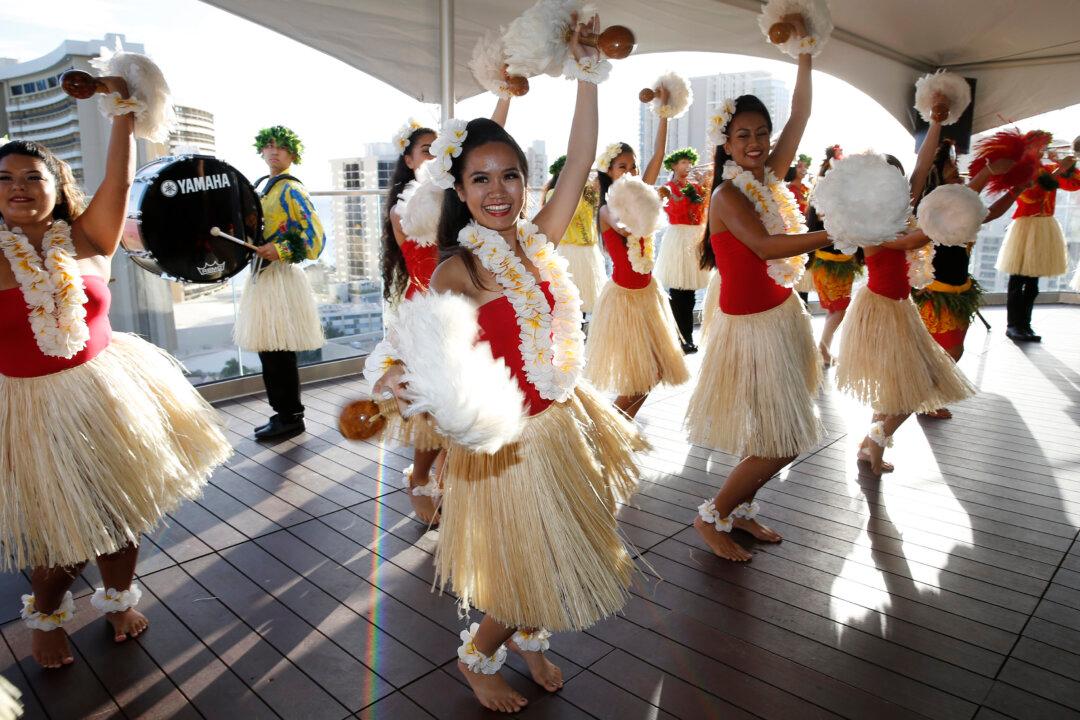It’s “illogical” for the regime in Beijing to equate a possible communist takeover of Taiwan with Hawaii’s historical union with the United States because the Hawaiian people voted for U.S. statehood, according to Miles Yu, director of the China Center at Hudson Institute.
Yu, an American historian who previously served as senior China policy and planning adviser to then-Secretary of State Mike Pompeo, made the remarks during an interview with VOA on Sept. 24.





